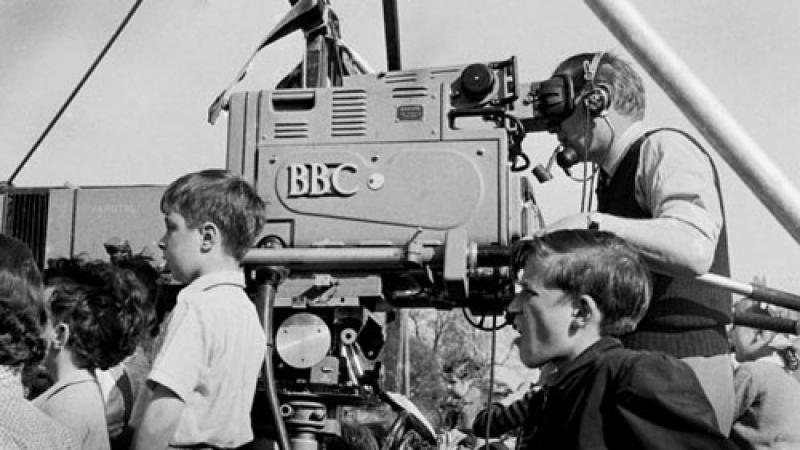
As reviewed by John Crace of the UK Guardian, on Wednesday 28 August 2013, "Martin Luther King and the March on Washington; MLK: The Assassination Tapes; Wentworth Prison – TV review," King's 'I have a dream' speech has gone down in history. But this excellent documentary showed that on the day it was just an afterthought – and that even the great man referred to black people as 'negroes'
History is seldom remembered as it actually happened. Even – or maybe, especially – when you have lived through it. Wednesday was the 50th anniversary of one of the key moments in American civil rights and Martin Luther King and the March on Washington (BBC2) was a more-than-handy corrective for faulty memories. Over time, the march has become inextricably linked with Martin Luther King's "I have a dream" speech and his voice and delivery still send shivers through the listener. Yet it turned out that the most quoted part of the speech was something of an afterthought. King had been talking for some time when Mahalia Jackson whispered in his ear: "Tell them about your dream." He did and history was made.
While this film aimed to do little more than retell the story of the march from the perspective of those who took part, it also couldn't help pointing a few fingers along the way. And not just at the obvious targets of "Bull" Connor, the police chief of Birmingham, Alabama, who vigorously pursued the city's racial discrimination policies, and George Wallace, the governor of Alabama, whose most famous line was "segregation now, segregation tomorrow, segregation for ever". President Kennedy also copped it. For all his liberal rhetoric, JFK had done precisely nothing to advance civil rights legislation in his two and a half years in office. Indeed, he came across – as did all the figures of the American establishment – as a man terrified by the thought of mass black protest on the steps of Congress. He called to mind Augustine's prayer: "Lord make me pure, but not yet."
There were other smaller but, in their own way, equally telling memory jolts to be had. Harry Belafonte was asked to use his clout to recruit his Hollywood friends to the cause. Who was one of the leading white actors to speak out for civil rights? None other than Charlton Heston. Chuck is now remembered for being one of Hollywood's staunchest Republican supporters and a key figure in the National Rifle Association: if he were alive today, I wonder what he would make of his younger, more liberal self.
As much as anything else, though, the success of this documentary lay in its range of different voices. So often in TV archive footage the March on Washington is depicted as the Joan Baez, Bob Dylan and Martin Luther King show, yet here we heard not just from the ordinary people who attended but from the other black civil rights leaders involved in its organisation. Not least John Lewis, whose speech was considered too inflammatory and had to be toned down at the last minute. The shocks didn't come from hearing American TV refer to "negroes" in their reports; they came from King using precisely the same terminology.
The film's coda was President Johnson signing the Civil Rights Act in 1964, which embodied many of the demands made by the Washington marchers. MLK: The Assassination Tapes (BBC4) was primarily newsreel film, some of it previously unbroadcast, of the weeks and days leading up to the death of Martin Luther King in 1968. Because it followed immediately after the Washington March, it also made me wonder just how much difference the Civil Rights Act had made in the 1960s. Discrimination was still rife in the south, with black Memphis sanitation workers being paid less than their white colleagues. And the TV crews and King were still calling black people "negroes". I know that's just the way it was, but I was still just as rattled as I had been an hour earlier. (source: UK Guardian)




No comments:
Post a Comment